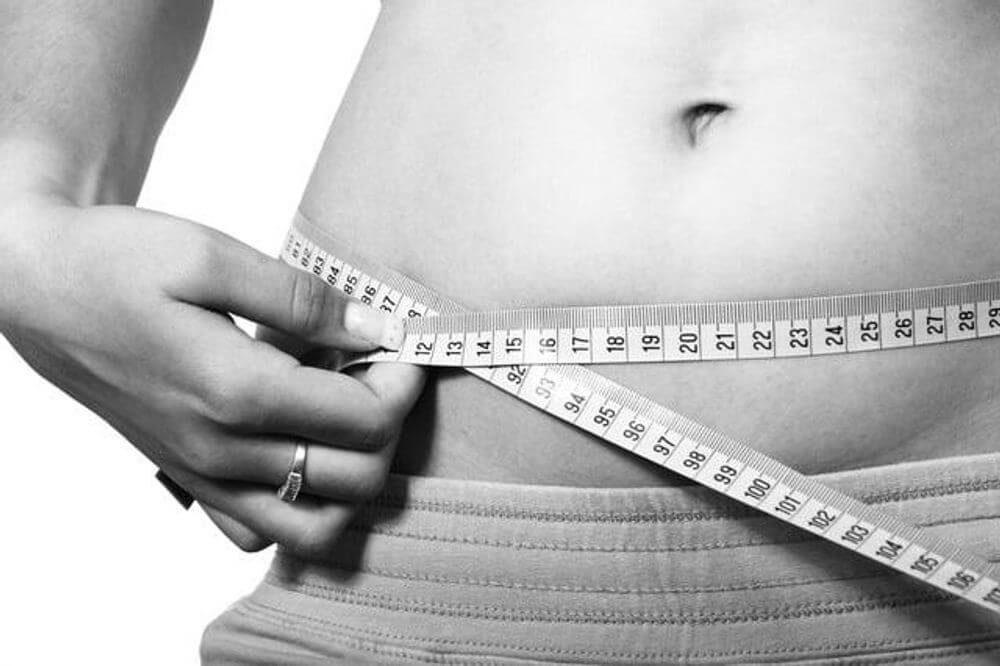The Anti-Ageing Diet: Foods That Reverse Ageing

With these anti-ageing diet tips, you can uncover the secrets to looking and feeling great as you age. Take control of your health now!
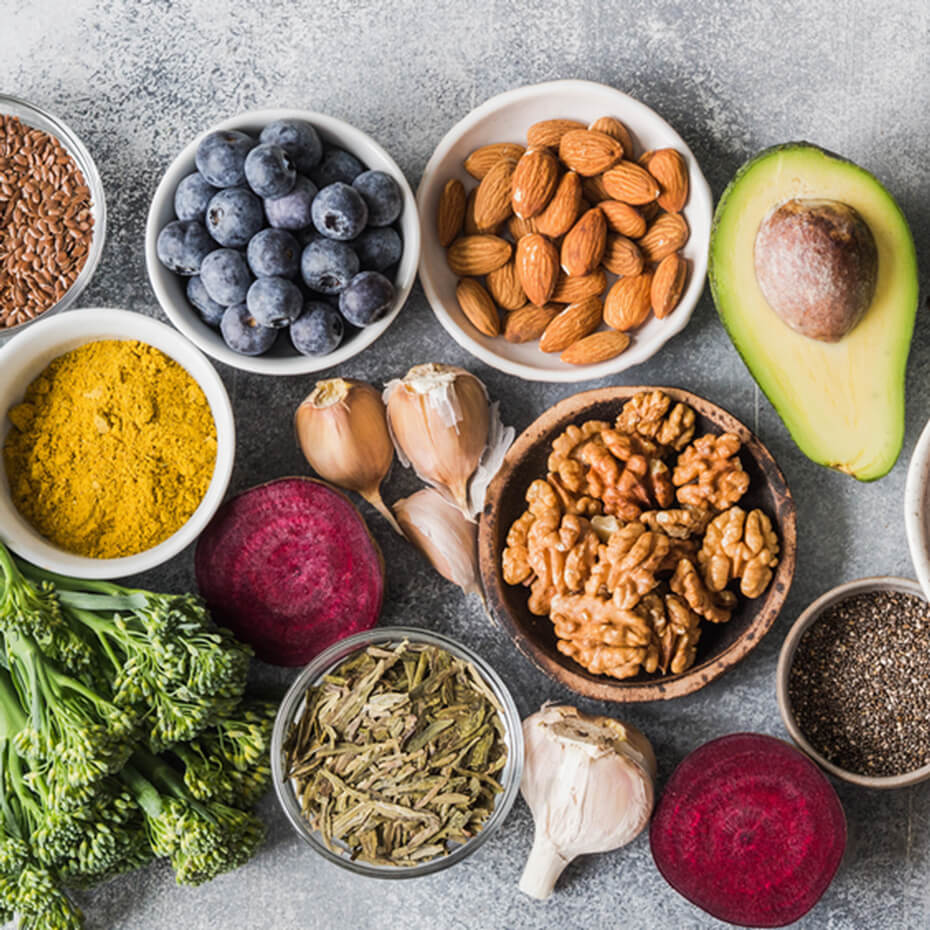
Summary
- Eating foods which are healthy sources of protein, healthy fats, and antioxidants could help reduce the signs of ageing. Such foods include broccoli, avocado, blueberries, sweet potato and pomegranate.
- Inflammation can play a significant part in accelerating biological ageing. The health and wellness industry even has a name for it known as “inflammaging” - the chronic, low-grade inflammation associated with age-related changes in body tissue.
- The antioxidants found in superfoods have the potential to protect the skin from damage caused by the sun rays, pollution, and even stress. In addition, antioxidants are also great for moderating the body’s inflammatory responses and reducing collagen loss.
- Some foods could lead to premature ageing, such as excessive fats and oily foods. It has been found that fried food, salt, processed meats, sugary drinks, and margarine could weaken the blood flow to the skin - resulting in wrinkles that make you look older than you actually are.
When we think of anti-ageing, many of us go straight to skincare products with the hope they will help provide a magic fix. Although a good skincare regime does play a part in maintaining a youthful appearance, the food you put on your plate could also affect what you see in the mirror. A few tweaks to your eating habits could result in keeping your skin looking more youthful and your body feeling healthy.
As we grow older, the foods we choose to put in our bodies can significantly affect our appearance and quality of life. From the day we are born, our bodies rely on various nutrients to support the development and natural ageing process.
It is important to note that eating one specific food will not make you instantly look younger. Nutrition is only one aspect of ageing well and supporting a healthy lifestyle. Still, including nutrient-dense foods in your daily diet will help you look and feel your best, so let us look at some of the core ingredients to support an anti-ageing diet.
Best Anti-Ageing Foods

Researchers have concluded that a healthy diet of fruit and vegetables has a role in the natural ageing process and could even help delay skin ageing. Youthful skin has a smooth epidermis (the top layer of skin, which is made of dead cells), with a fast cell turnover rate of around 21 days. Aged skin, on the other hand, has an epidermis which is thinning and flattening. The cell turnover is also much longer - around 50 days.
In general, we should all try to eat a diet with healthy sources of protein, healthy fats, and food rich in antioxidants.
Superfoods have the potential to improve the look of ageing skin and speed up cell turnover time. When we fuel ourselves with vibrant foods loaded with essential nutrients, the body will show appreciation. We also have a list of anti-ageing foods for women.
Broccoli
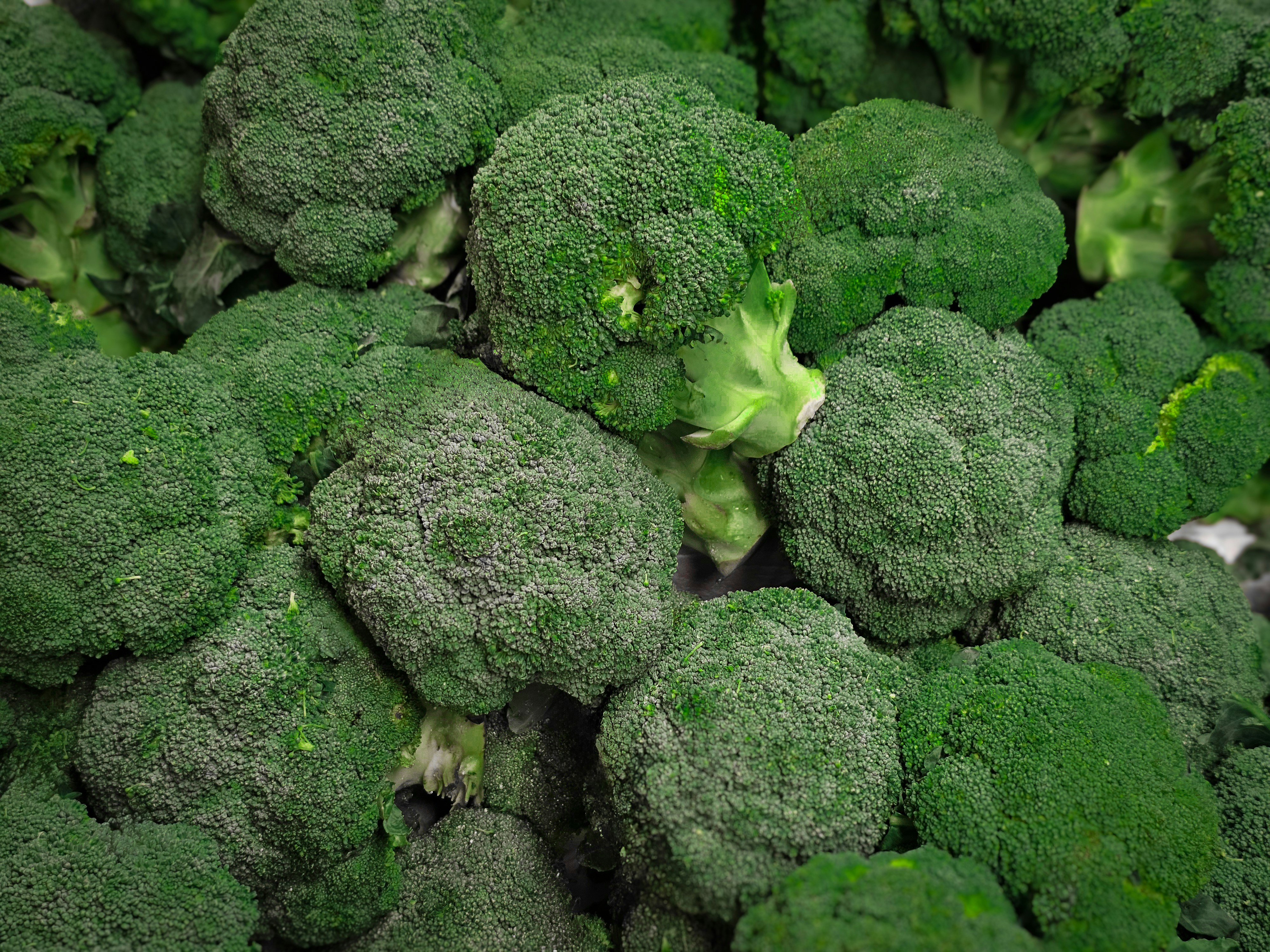
This popular green vegetable is an anti-inflammatory and anti-ageing powerhouse. Broccoli is packed with vitamins C and K, antioxidants, calcium, fibre and lutein. Your body needs vitamin C to produce collagen – the main protein that gives you youthful skin and elasticity.
Avocado
Another vegetable high in inflammation-fighting properties is avocado. It is full of fatty acids that promote smooth and supple skin. Avocados also have a variety of essential nutrients that could help prevent negative signs of ageing – including potassium carotenoid, and vitamins A, B, C, E and K.
We have to give a special mention to vitamin A in avocados, as it can play a role in shedding dead skin cells, leaving us with a glowing complexion. In addition, the carotenoid may also help protect our skin from toxins and damage from sun rays.
Blueberries
Blueberries are the ideal snack for those who like a little sweet treat. This berry is rich in vitamins A and C and an age-defying antioxidant called anthocyanin. This chemical compound is what gives blueberries their beautiful deep blue colour.
The antioxidants found in blueberries have the potential to protect your skin from damage caused by internal and external factors. In addition, they are excellent at moderating our body’s inflammatory responses and reducing collagen loss.
Sweet Potatoes
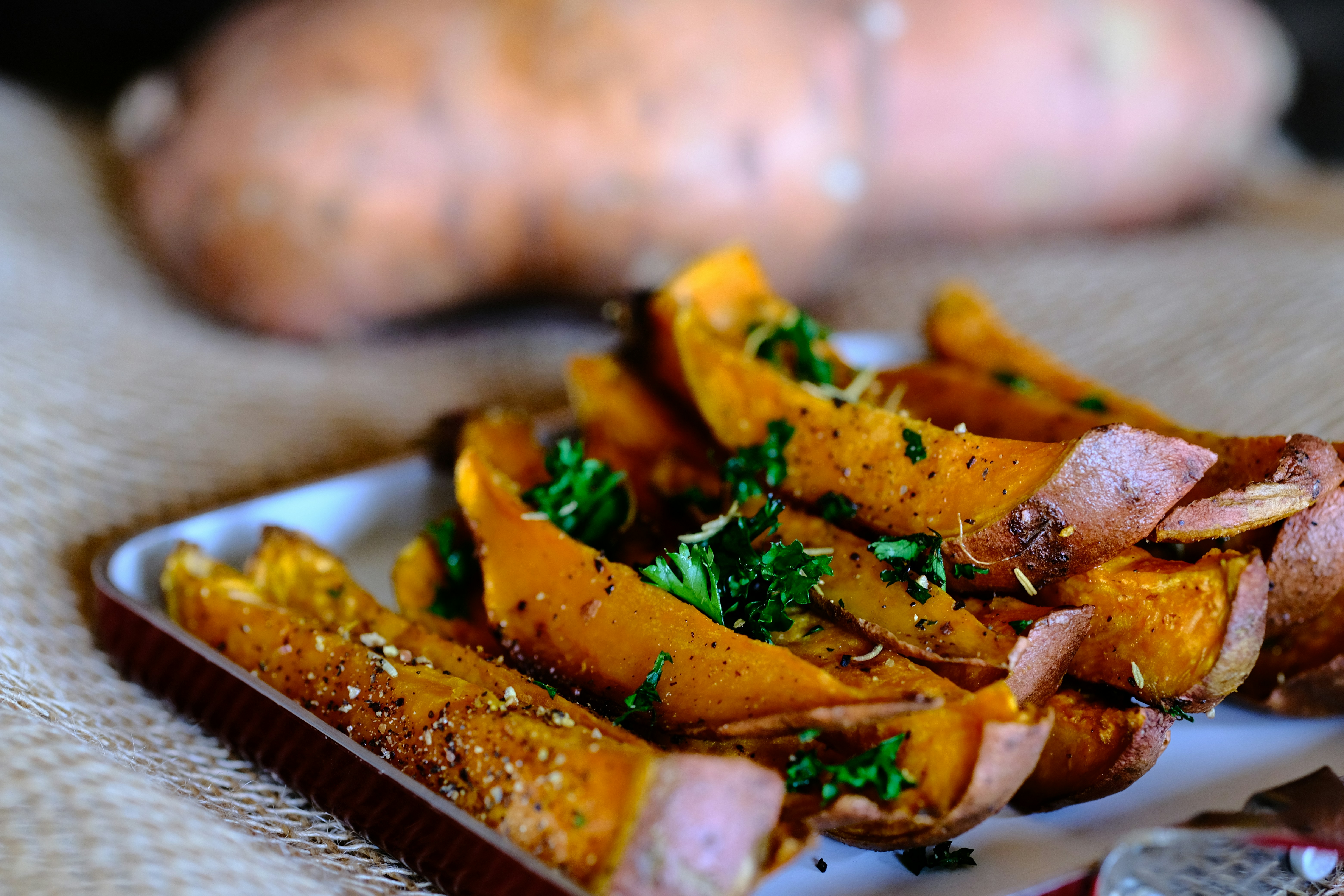
This bright orange root vegetable gets its vibrant colour from an antioxidant called beta-carotene. When we consume beta-carotene, it is converted into vitamin A. This vitamin has shown promising signs of restoring skin elasticity, skin rejuvenation, and ultimately contributing to the appearance of soft, youthful skin.
In addition to this delicious sweet vegetable, it is also a fantastic source of vitamins C and E. Both vitamins have the potential to protect our skin from harmful free radicals and help keep our complexion looking radiant.
Pomegranates
Getting lots of time outdoors has many health benefits, but it also brings about sun exposure, which can cause fine lines and brown spots – not ideal for those wanting to look younger for longer.
Luckily, it has been found that pomegranates could have the antioxidants (like tannins, flavonols, lignans and phenolic acids) needed to support healthy skin by decreasing UV skin damage. In addition, these same antioxidants may also help promote the production of new collagen.
Pomegranates are high in fibre, potassium and vitamin K, which all support heart health.
Nuts & Seeds
The majority of nuts and seeds have been found to be good for you, but there are some that stand out with anti-ageing properties.
Almonds are a good source of vitamin E, which can help repair skin tissue, retain moisture, and protect your skin from damaging UV rays.
Walnuts are great at reducing your risk for heart disease since they contain anti-inflammatory omega-3 fatty acids, which are also beneficial for your complexion.
Dark Chocolates
Dark chocolate could help protect your skin from harmful UV rays.
This happens because cocoa beans have a higher antioxidant capacity than any other food, which helps reduce inflammation caused by exposure to UV light.
Additionally, dark chocolate can lead to better circulation in the skin so that it can retain more moisture, which can reduce the appearance of wrinkles.
Tomatoes
Did you know that the substance that gives tomatoes their bright red colour, is a powerful antioxidant? Antioxidants capture free radicals before they can do damage to our cells and tissues which in turn stops premature ageing.
Fatty fish
Fatty fish are a great source of vitamin E, protein, CoQ10 and zinc.
Vitamin E and zinc defend your skin against free radical damage and inflammation.
Protein supports and maintains the strength and structural integrity of your skin, and coenzyme Q10 may help decrease fine lines and wrinkles.
Anti-Ageing Drinks
Just like with food, any drinks that are rich in antioxidants, vitamins and minerals can be considered anti-ageing.
We have a full list of anti-ageing drinks, so click through to find out more.
Foods that Age You Faster
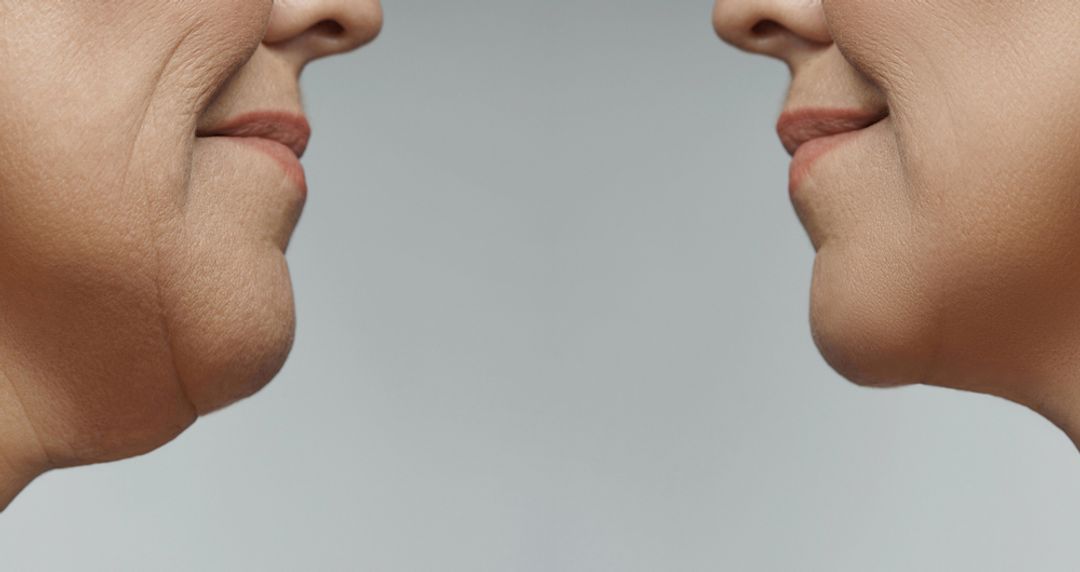
Ageing is a natural process and is something we should all try to embrace. However, some foods may cause premature ageing, such as the consumption of excessive fats and oily foods. It has been found that these foods could weaken the blood flow to the skin, resulting in wrinkles that make us look older than we are.
Experts suggest that we limit the following foods when cooking or snacking:
Fried Food
Eating excessive amounts of anything is not great for your body. However, fried food can be particularly bad for those wanting to maintain a youthful appearance. Thanks to our livers, many of the toxins found in fried food can be expelled naturally through our bodies.
However, it is possible for the toxins to build up, resulting in a fatty liver. This condition can result in acne, wrinkles, loss of collagen, puffiness, and many more unattractive skin conditions.
Salt
Salt is a popular seasoning and is an ingredient which can be enjoyed when appropriately sourced – try to choose an unprocessed salt from the sea.
However, when too much salt is consumed, it can lead to premature ageing of the skin and body.
Processed salts can be found in foods like cheese, cereals, crisps and pizza. It can cause the body to bloat, making you look puffy and dehydrated. If you do need some extra flavour, why not reach for cumin instead, which has been found to have some fantastic anti-ageing properties?
Processed Meats
Meat can be a fantastic source of protein that supports muscle strength, which is something we all need as we age. But, consuming processed meats is an entirely different story. Suppose they become part of your standard diet. In that case, it can lead to dehydration and reduce the production of vitamin C.
Vitamin C is essential for collagen production, so if the body does not have enough, it can result in you ageing faster.
Margarine
Many of us think we are making a healthy choice by reaching for margarine instead of butter.
Unfortunately, most kinds of margarine (especially the solid ones) are full of trans fats. These trans fats can raise your bad cholesterol while lowering the good kind. In addition, it results in inflammation throughout the body, giving you an aged appearance.
Sugary Drinks
Energy drinks and other popular fizzy drinks may be great for quenching your thirst, but they could damage your body’s cell age. If you are drinking a large number of sugary drinks, it is possible that it is causing increased inflammatory processes in your body. Some research has even found that higher glucose levels were associated with higher perceived age.
Frequently Asked Questions (FAQs)
What foods make you look younger?
The foods which have the most potential to make you appear younger are the ones which are rich in colours – such as sweet potatoes, pomegranates and blueberries. This is because these superfoods have a lot of antioxidants which will help protect the skin from damaging external factors, and anti-inflammatory properties, in turn reducing the appearance of wrinkles.
When looking for delicious fruits and vegetables to nourish yourself and provide some anti-ageing properties, look for those that are deep in colour. As a general rule, the richer the shade, the stronger the anti-ageing ability. The more colours you can get on your plate, the better.
Eating a diet of anti-ageing foods will help you function at your best and provide a glow that comes from within.
Which foods cause ageing?
Some foods can cause premature ageing – especially the salty, fatty, and processed snacks that so many people enjoy. For those intending to maintain a youthful appearance and healthy body, it is best to limit junk food and steer clear of processed meats, sugary drinks and margarine which can cause bloating, and increase inflammatory processes.
What can I drink to look younger?
Some studies indicate that soy milk can help you gain fewer wrinkles, green tea can beat inflammation, and pink lemonade leads to smoother skin.
Staying well-hydrated is vital for skin health; however, drinking more water may not equate to better-hydrated skin. Instead, you should drink enough water or herbal teas to keep your urine pale.
Can you reverse ageing with food?
There are a growing number of trials indicating that it may be possible to create a more youthful complexion and body with a combination of nutrition, sleep, exercise, relaxation, and other supporting factors. Some results also showed potential for biological age reversal with a healthy dietary and lifestyle programme.
Are eggs anti-ageing?
Eggs are packed full of anti-ageing properties, including omega-3 fatty acids, protein, selenium and zinc. However, the egg yolks contain the star compound to keep wrinkles at bay – biotin. Biotin is required for our bodies to produce cellular fat, which is necessary for cell turnover, resulting in restoring damaged skin cells.



